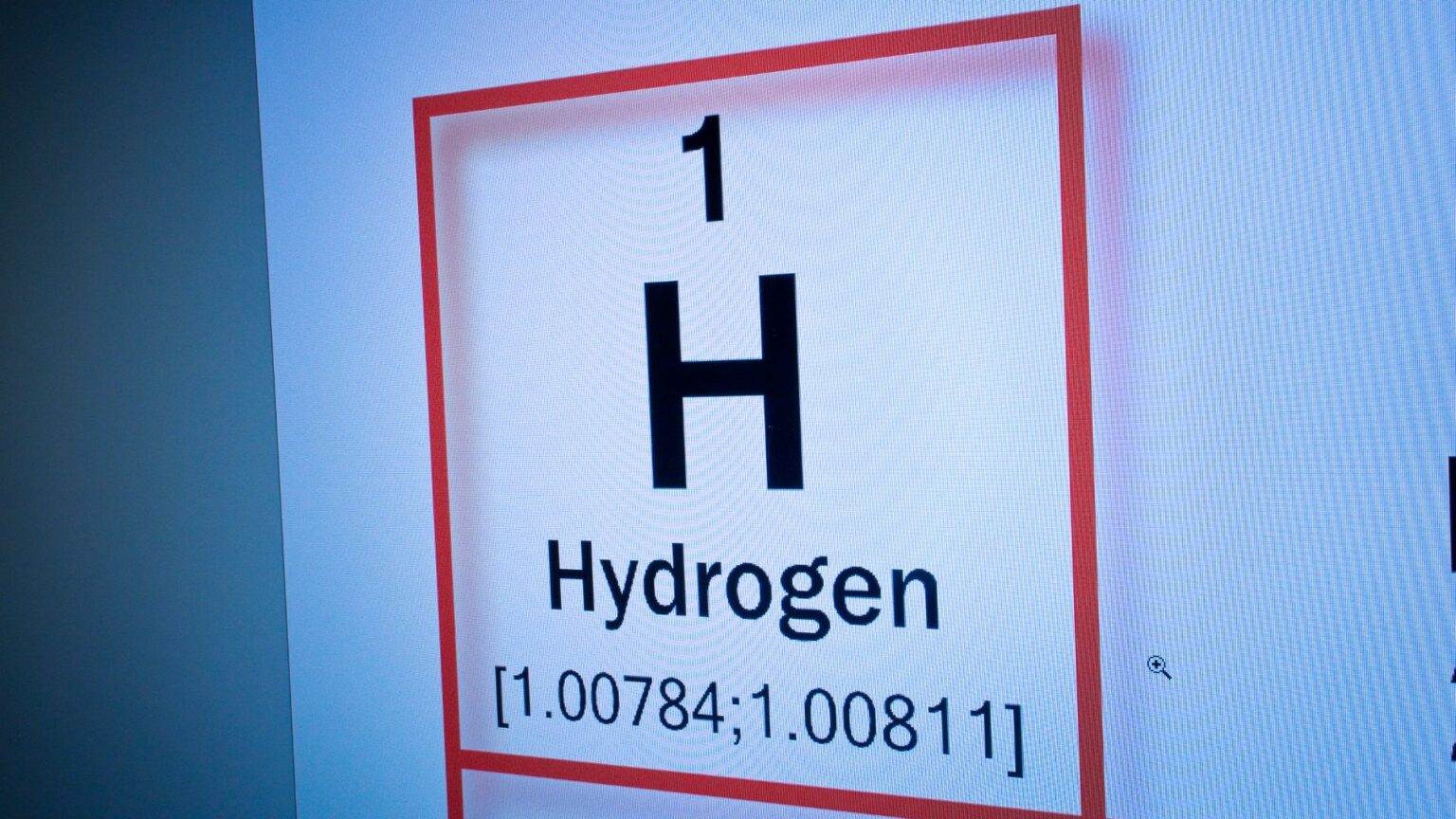The state of Baden-Württemberg is placing its bets on hydrogen as the primary energy source. The state government’s recent determination of key regions with a particularly high demand for hydrogen sets the stage for a groundbreaking energy transition.
The Center for Solar Energy and Hydrogen Research Baden-Württemberg (ZSW) has identified seven urban and rural districts, including Karlsruhe-Stadt, Ostalb, Ortenau, Lörrach, Heilbronn-Land, Main-Tauber, and Ravensburg, where the need for hydrogen is projected to be particularly significant by 2025.
State Environment and Energy Minister Thekla Walker emphasizes that hydrogen is the linchpin for achieving a climate-neutral industrial society. Positioned as a leading industrial location, Baden-Württemberg is taking proactive steps to ensure its involvement in the hydrogen supply chain from the outset. Minister Walker underlines the importance of transparency and detailed planning, citing the survey of hydrogen requirements and regional evaluations as critical tools for shaping the hydrogen infrastructure within the state.
The Ostalbkreis emerges as a hotspot for hydrogen demand, particularly in Schwäbisch Gmünd, where the country’s largest commercial hydrogen production plant is underway since November. This cutting-edge facility aims to produce green hydrogen using electricity sourced from wind and solar energy. The ambitious plans extend to creating a technology park centered around hydrogen, showcasing Baden-Württemberg’s commitment to innovation and sustainability.
The urgency to address hydrogen demand is underscored by the looming 2032 deadline when the nationwide hydrogen network is expected to kick off. Until then, local hydrogen production in Baden-Württemberg is pivotal in meeting the escalating demand, primarily driven by industry requirements. Minister Walker calls for the federal government to consider Baden-Württemberg’s needs analysis when planning the broader German hydrogen network.
